You may have heard the advice that you should eat more organic food, but why? It's not just about using less pesticides? Though that is definitely high on the list. Here are some different health benefits in why using organic versus non organic food as much as possible can be good for you and your family.
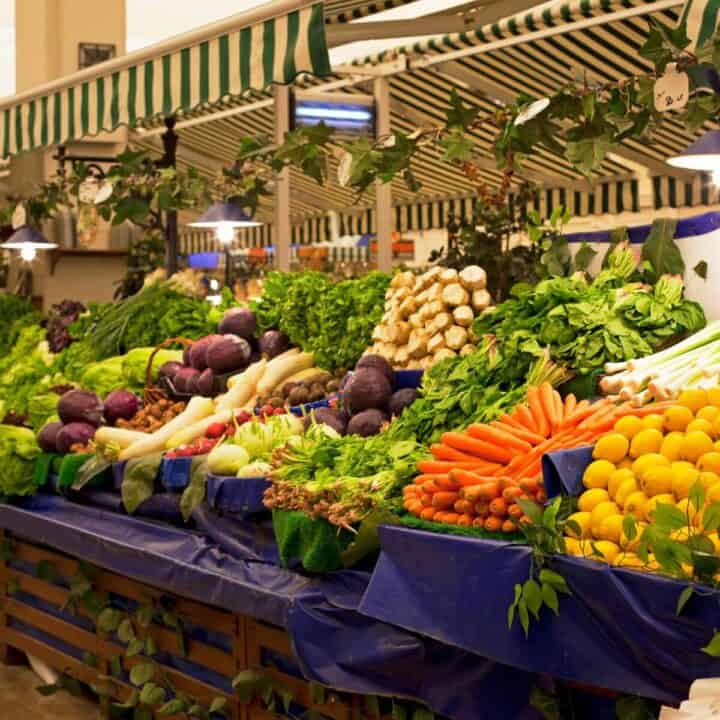
Table of Contents
🥗 Health Benefits Of Eating Organic Food
Of course, the first reason you want to choose as much organic food as possible is because it won't use any pesticides or other toxins that are not necessary.
⁉️ What Is Organic Food?
Organic food is food produced without synthetic fertilizers, pesticides, irradiation, or GMO's. Basically, no chemical additives are used in any part of the production of those foods.
🩺 What Are The Key Health Benefits With Eating Organic Food?
Here are a few factors to keep in mind regarding your health and organic food.
1. Less Pesticides In Your Food
When you buy organic food versus non organic, it is first grown without fertilizers or insecticides. This is also why organic produce tends to go bad faster than regular produce.
But that's a good thing, because better health benefits!
Is There a Link Between Food Additive and Cancer Risk?
With processed or pre-packaged foods, organic options will have less additives and preservatives that really don't need to be there.
In fact, the World Health Organization (WHO) lists pesticides as probable carcinogens.
Studies have found that those who eat organic versus non organic foods may lower cancer risk.
A higher frequency of organic food consumption was associated with a reduced risk of cancer (1).
2. You Are More Encouraged To Eat Your Produce
Because fresh produce tends to go bad quickly, buying organic and spending more on the high-quality stuff will further encourage you to use it before it goes bad. This will give you multiple benefits.
First of all, you will eat healthier because you want to use up all that produce, likely more expensive.
Plus, you save money because you eat more of your produce, instead of just letting it go to waste and basically throwing your money in garbage.
Eating more fruits and veggies is always a good thing, especially when you factor in the better health benefits you gain.
3. Animals Are Treated More Humanely
Organic products that come from animal sources, like milk, eggs, cheese, beef, and pork, will also mean the animals were treated more humanely.
The cows and chickens are not fed hormones. Animals are typically grass and pasture-fed. The chickens also have more room to roam.
This is wonderful for the environment, and buying organic eggs and meat also means it is more likely to come from small, neighborhood farms, letting you know you are supporting your local communities.
📥 GET THIS RECIPE IN YOUR INBOX 📥
4. Less Ingredients
With organic pre-packaged and processed foods, you won't have as many additives. This means far less artificial colors and flavors, and more ingredients you recognize.
Flip to the back of an organic can of soup, and you will notice ingredients like broth, vegetables, broiled chicken, herbs and spices.
A regular can of soup has many ingredients you probably can't even pronounce, plus a lot of added salt and preservatives to keep it fresher longer.
💚 Clean 15 Versus Dirty Dozen
What exactly is clean 15 and dirty dozen?
The Environmental Working Group (EWG) is an organization that researches the safety level of pesticides and fertilizers used in the production of foods (2).
They compile a list of the foods that contain the most and least pesticides. that consumers should be aware of.
The clean 15 is a list of foods with the least amount of pesticides. While the dirty dozen is the 12 foods that contain the most pesticides.
This list is great to keep in mind when shopping for organic foods. If you want to save some money, focus on buying the dirty dozen foods organic instead.
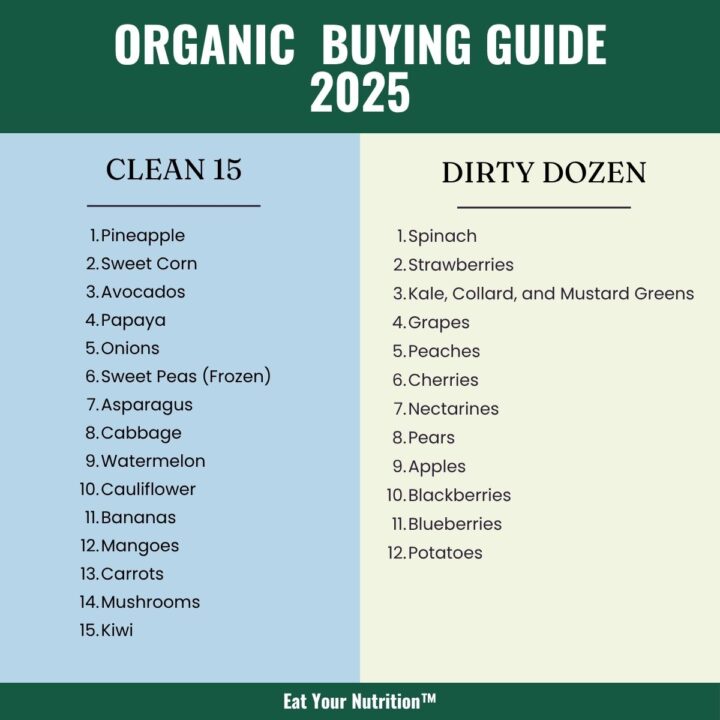
📋 Dirty Dozen Food List
- Spinach
- Strawberries
- Kale, Collard and Mustard Greens
- Grapes
- Peaches
- Cherries
- Nectarines
- Pears
- Apples
- Blackberries
- Blueberries
- Potatoes
📋 Clean 15 Food List
- Pineapple
- Sweet Corn
- Avocados
- Papaya
- Onions
- Sweet Peas (Frozen)
- Asparagus
- Cabbage
- Watermelon
- Cauliflower
- Bananas
- Mangoes
- Carrots
- Mushrooms
- Kiwi
🌿 Natural Ways To Clean Your Produce
To reduce the pesticides on your fruits and vegetables, you can purchase a fruit and veggie wash or make one at home.
Try my recipe for my easy to make fruit and vegetable wash.
🧡 DIY Fruit And Vegetable Wash Recipe
- 4 cups of water
- 1 cup white vinegar
- 1 tablespoon lemon juice
Directions
- Add all ingredients into a spray bottle and shake well to combine.
- Place your fruits and vegetables inside a colander in the sink.
- Spray your fruit and vegetables. Wait 3-5 minutes.
- Rinse the fruits and veggies with cool water and dry.
🗣️ Let Me Know If You Eat Organic Food!
Were you surprised at any of the advantages of organic food? Have you noticed any better health benefits since you began eating organic food? Let me know in the comment section below.
You can also connect with me @EatYourNutrition on Instagram. I love seeing your photos. #EatYourNutrition #LauraVillanueva
📚 References
- Baudry J, Assmann KE, Touvier M, Allès B, Seconda L, Latino-Martel P, Ezzedine K, Galan P, Hercberg S, Lairon D, Kesse-Guyot E. Association of Frequency of Organic Food Consumption With Cancer Risk: Findings From the NutriNet-Santé Prospective Cohort Study. JAMA Intern Med. 2018 Dec 1;178(12):1597-1606. doi: 10.1001/jamainternmed.2018.4357. Erratum in: JAMA Intern Med. 2018 Dec 1;178(12):1732. PMID: 30422212; PMCID: PMC6583612.
- Environmental Working Group., 2021. EWG's Shoppers Guide to Pesticides in Produce. [online] Ewg.org. Available at: <https://www.ewg.org/foodnews/summary.php> [Accessed 1 September 2021].


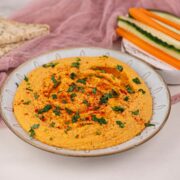
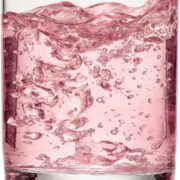

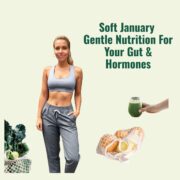
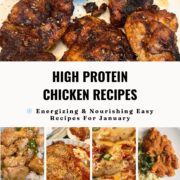


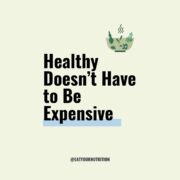




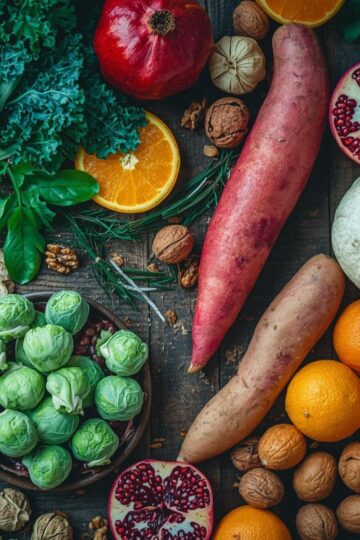
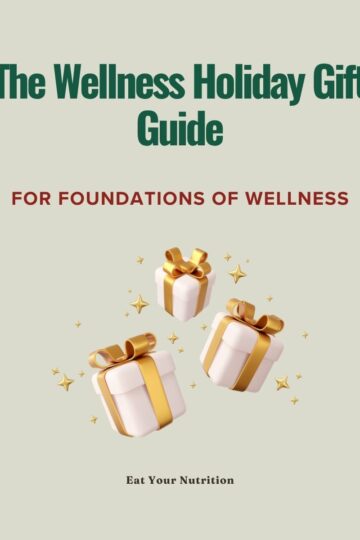
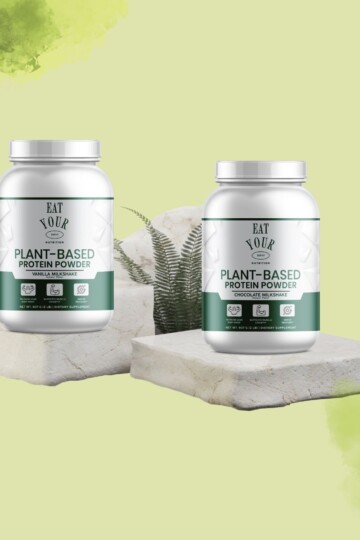
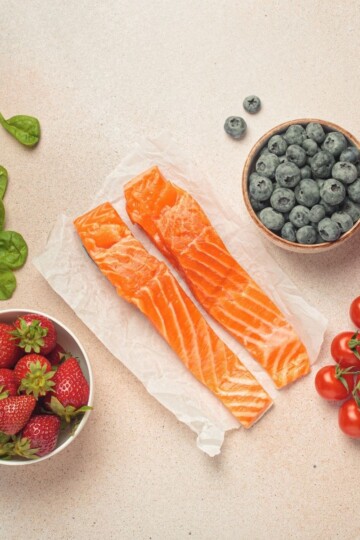
Comments
No Comments